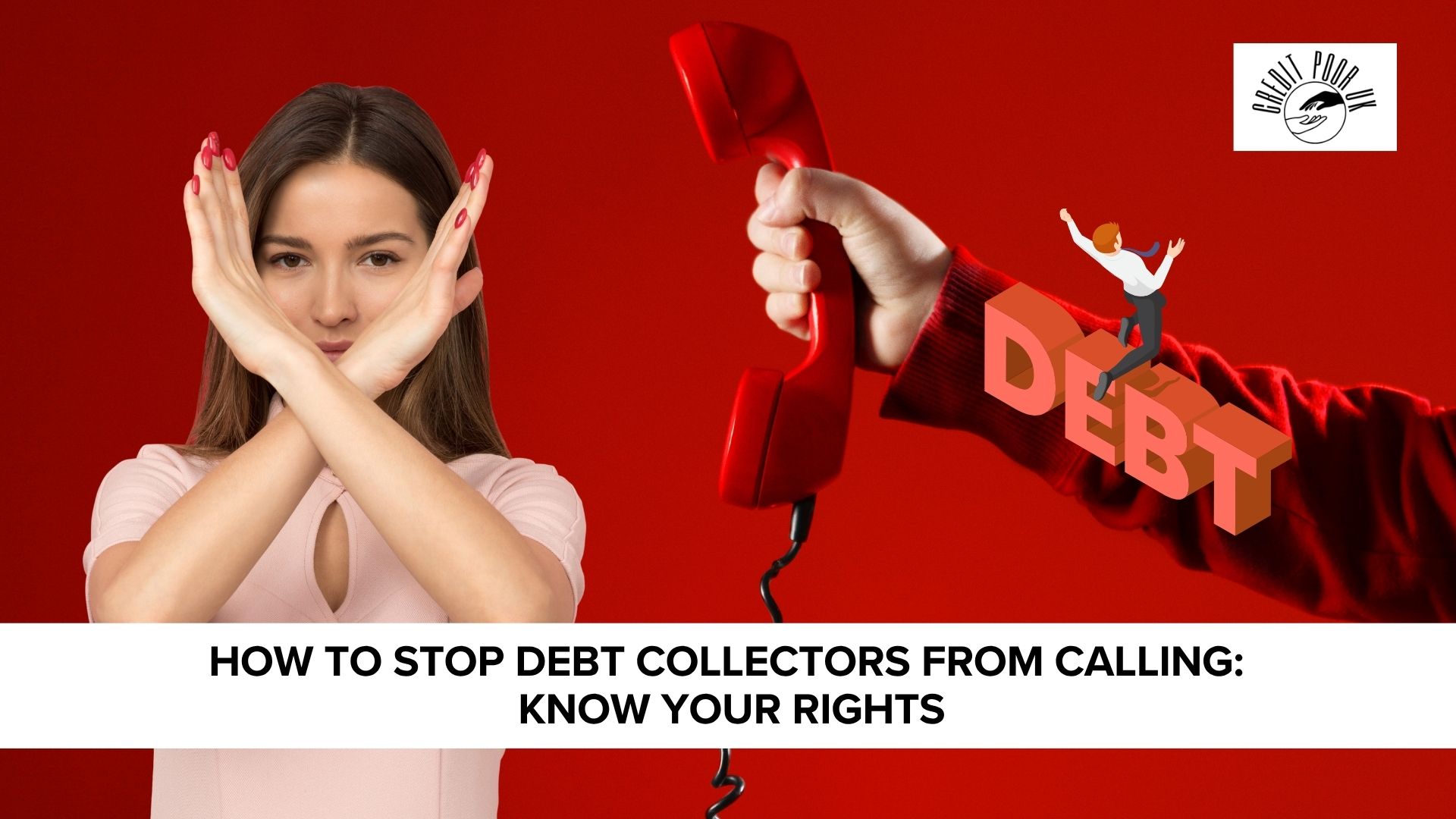

Dealing with constant calls from debt collectors can be stressful and intimidating, but you have clear rights under UK law. Knowing what collectors can and cannot do helps you protect yourself from harassment and regain control. Many people don’t realise that debt collection is subject to strict rules set by the Financial Conduct Authority (FCA). Understanding these rules can make all the difference when managing creditor contact. With the right steps, you can stop the calls and focus on resolving your debts calmly.
Why Do Debt Collectors Keep Calling?
Debt collectors call to recover money owed to a creditor. In the UK, they are legally permitted to contact you to discuss repayment options, but only in a reasonable way. Repeated calls, especially late at night or during work hours, may constitute harassment under FCA guidelines. If you’re getting calls several times a day or feel pressured, this is not acceptable behaviour. Recognising what’s allowed helps you know when to take action to protect yourself.
What Are Your Legal Rights When Dealing With Debt Collectors?
Your legal rights are protected by the Consumer Credit Act and the FCA’s Consumer Credit Sourcebook (CONC), which sets out fair treatment standards. Collectors must communicate honestly, respect privacy, and never use threatening or misleading language. They cannot discuss your debts with family members, employers, or neighbours. You have the right to ask for written confirmation of what you owe and to request that calls stop if they cause distress. These protections exist to ensure that debt collection is professional, not punitive.
How Can You Stop Debt Collectors From Calling You?
You can stop debt collectors from calling by clearly requesting that all contact be made in writing. When you receive a call, remain calm and explain that you prefer written communication for record-keeping. Follow up with a short letter or email confirming this request, keeping a copy for your records. Most regulated firms will respect your choice under FCA rules. Written communication also gives you time to think before responding, helping you manage the situation more confidently.
What Should You Do If Debt Collectors Ignore Your Requests?
If debt collectors continue to call after you’ve made a clear request, you can take further action. Start by sending a written complaint to the company, explaining how their behaviour breaches FCA guidelines. If the issue isn’t resolved within eight weeks, you can escalate it to the Financial Ombudsman Service, which investigates complaints about financial misconduct. Keeping a log of calls, dates, and names strengthens your case. Taking these steps helps ensure collectors are held accountable for harassment.
Can Debt Help Solutions Stop Collection Calls for Good?
Yes, formal debt help solutions can stop collection calls by shifting all contact to an authorised advisor. Once you enter a Debt Management Plan (DMP), Individual Voluntary Arrangement (IVA), or Debt Relief Order (DRO), creditors must speak directly with your representative. This legal protection prevents collectors from contacting you while payments are managed. These arrangements can also freeze interest and stop further charges. Working with a regulated debt service gives you peace of mind and ends the constant pressure of calls.
Final Thoughts: Taking Back Control and Knowing Your Rights
Debt collection calls can make a difficult situation feel even worse, but you do not have to face them alone. UK law gives you strong rights to limit how creditors communicate with you and to stop harassment completely. Whether through a written request, a formal complaint, or a structured debt plan, you can regain control of your situation. Understanding your legal protections is the first step toward calm and confidence. With the right help, you can stop the calls, resolve your debts, and move forward with peace of mind.




